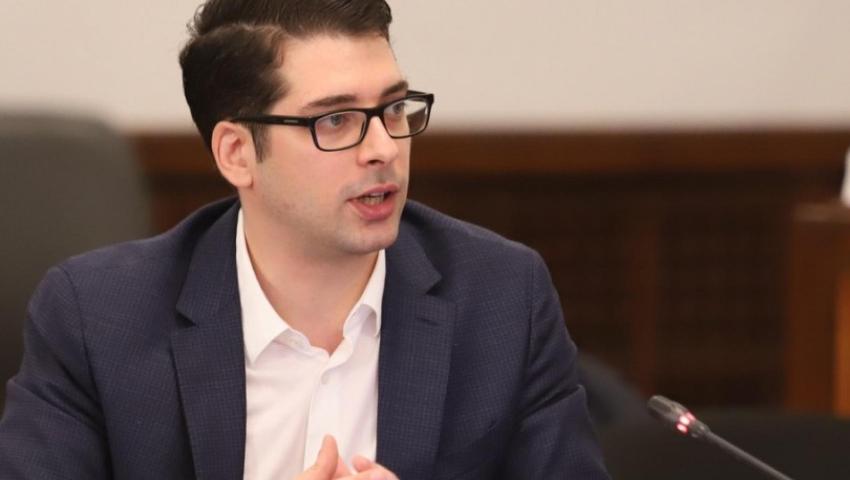Atanas Pekanov: By the end of the year, we should have a definition of energy poverty
Because of the gas crisis, we have to reverse the logic: We will have to use the national resource - coal, in the period until we achieve the Green Deal

Atanas Pekanov Source: BNR
The handing out of compensations "on a shoestring" should stop, these benefits should be targeted to the truly needy or the so-called energy poor. Therefore, by the end of the year, a legislative change must be made to give the definition of energy poverty. Deputy Prime Minister Atanas Pekanov, who is responsible for the management of European funds and the promotion of the Recovery and Sustainability Plan, stated this in an interview with BNR.
"A very important topic is the topic of energy poverty. For years, experts all over the world have been arguing. It is especially important for us, because an extremely large number of people fall into this category, and it is very important that this happens, in order to forget these compensations on the kalpak. We must to be able to target these aids. Through the definition we will decide who will be helped and who will not be helped."
Bulgaria is the country with the most energy poor in Europe, added the Deputy Prime Minister.
"Here we will have to be, and in view of public pressure, as generous as possible and the criteria to cover more people."
On the subject of the Green Deal and the energy transition, Atanas Pekanov emphasized:
"On coal, we're going to have to fight maybe for a rethink. Last year, the European approach was – use gas as a transit fuel to move from coal to something a little bit cleaner, then move to renewables. Now we're going to have to let's reverse the logic. We will have to use the national resource - coal, in the period until we achieve the Green Deal. In the long term, we cannot give up the Green Deal - it will give us that independence. The sun, the wind are our resources. They are not controlled by geopolitical conflicts."
Bulgaria signed an agreement with EK on Operational Arrangements in connection with the PVU
The project related to the Ministry of Internal Affairs prevented us from sending the so-called invoice, the Deputy Prime Minister recalled regarding the expected first payment under the Recovery Plan.
"If the project of the Ministry of the Interior is implemented successfully, we expect the money in the autumn - 1.3 billion euros."
According to Pekanov, a large part of the indicators have been successfully covered by the first payment.
Regarding the second tranche of the Recovery Plan, Atanas Pekanov stated that the deadline to prepare the legislation is until December.
"This is urgent, the parliament will have two months in which to adopt these laws. Bulgaria has made commitments. We must stop delaying before Europe. At the moment, only 1 of 22 (measures - note ed.) has been adopted, there four entered, the others are being worked on."
Pekanov commented that on some topics the work is moving quite well. As an example of this, he gave the Ministry of Justice, he called the situation in the Ministry of Energy "more problematic", because there the topic is "more ticklish", and the department deals with the immediate crises.
According to the Deputy Prime Minister, there are many problems in the country, some of which have accumulated over the years, and others - accumulated in recent months.
"And it is our responsibility as an official cabinet not to silence them. It is quite a wrong impression that the official cabinet should only organize the elections."
According to Pekanov, "loopholes" have been left in the voted European sanctions against Russia, one of which we also use - the derogation for oil, and the result is that at the moment "each country is trying to save itself".
"In Greece - record, billion dollar profits for the tankers that transport the Russian oil, because the Russian tankers can't do it. Germany and Austria continue to import Russian gas. That's the situation, that's the reality. I wouldn't say that whatever any trade relationship with Russia is anti-European. On the contrary, unfortunately, we see other countries doing it. In the short term, Europe is dependent on Russia and can hardly do without Russian gas."
Regarding the expected difficult negotiations with Gazprom, Atanas Pekanov said that "our relations with Russia escalated quite a bit after the expulsion of the diplomats."
